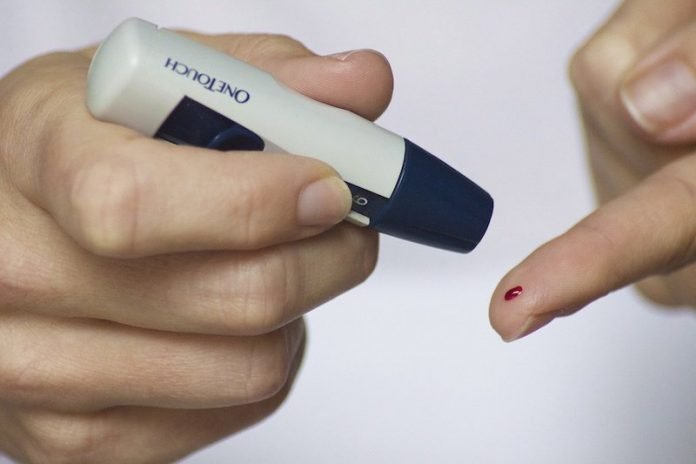
Type 2 diabetes is a disease whereby the body is unable to control the level of sugar in the blood because of defects in the functioning of a hormone called insulin.
It’s a disease that’s becoming alarmingly common in Canada and approaching what many would consider epidemic levels.
While type 2 diabetes can be controlled with medications or injectable insulin, many people with the disease and pre-diabetes are looking to options that don’t require taking pills every day or that are less invasive.
In a recent study published in The American Journal of Clinical Nutrition, researchers found that ketone monoester drinks—a popular new food supplement—may help do exactly that.
The study is from UBC’s Okanagan campus. One author is Jonathan Little.
Ketone supplements are proving fertile ground for research into type 2 diabetes because, according to the team, ketones are the natural fuel source of the body when it’s in ketosis—the metabolic byproduct of consuming a low carbohydrate, ketogenic diet.
There is mounting evidence that a low carbohydrate ketogenic diet is very effective in controlling blood sugar and even reversing type 2 diabetes.
In the study, the team wanted to know what would happen if artificial ketones were given to those with obesity and at risk for type 2 diabetes but who haven’t been dieting.
To test the idea, they asked 15 people to consume a ketone drink after fasting overnight. After 30 minutes, they were then asked to drink a fluid containing 75 grams of sugar while blood samples were taken.
They found that the ketone drink seemed to launch participants into a sort of pseudo-ketogenic state where they were better able to control their blood sugar levels with no changes to their insulin.
It demonstrates that these supplements may have real potential as a valuable tool for those with type 2 diabetes. But the team also points out that ketone supplements are not a magic bullet in managing the disease.
The researchers still don’t know what the long-term effects of consuming ketones are.
But for people that aren’t able to follow a strict and challenging ketogenic diet or for those that are looking for a new way to control blood sugars, this may be another strategy in helping to manage type 2 diabetes.
If you care about diabetes management, please read studies about a higher intake of this nutrient linked to lower diabetes risk and findings of this therapy may restore body’s ability to produce insulin, treating diabetes.
For more information about diabetes and your health, please see recent studies about people with type 2 diabetes and heart disease may benefit from newer therapies and results showing that these two types of diabetes drugs similarly effective in reducing heart and kidney disease.
Copyright © 2021 Knowridge Science Report. All rights reserved.



